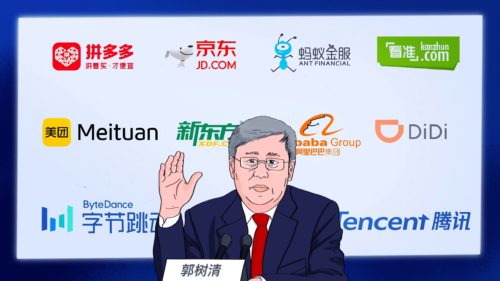China’s crypto ban can’t stop everything: DeFi is on the rise
A story from the The China Project A.M. newsletter. Sign up for free here.

In September, China banned the mining, trading, and exchanging of crypto into fiat money. In doing so, Beijing unwittingly caused a kind of creative destruction: as centralized exchanges died, decentralized finance options (DeFi, for short) have risen.
- “Capital always flows in the path of least resistance,” Madao, the CEO of a DeFi startup who declined to disclose his real name, told The China Project. Existing cryptocurrency holders and investors are now turning to DeFi as a way to skirt government rules while betting on China’s blockchain future.
- Just as VPNs are very difficult to curb in practice, regulators won’t be able to enforce the ban on DeFi crypto traders from the user side.
- Many China-based DeFi companies, in an abundance of caution, are already incorporated outside China and do not serve Chinese users, says Madao.
The lesson: DeFi is sort of like China’s Kryptonite. It consists mostly of apps, called protocols, that anonymous coders write for anonymous users to access financial services. In other words, it’s like anyone can build a self-service ATM. That’s hard to regulate.
- “If you can’t beat em, join em”: DeFi might be such a problem for China that it seems to be exploring its own applications. Weirdly, Conflux, a Shanghai-based blockchain startup that issues its own tokens (all ostensibly illegal), is backed by the Shanghai government.
- DeFi founders said they were completely baffled by the partnership. “The only way this could have worked is if Conflux straight-up lied to them,” Madao says.
Also relevant: China hates crypto, but it loves blockchain, from blockchain cities to NFTs.






